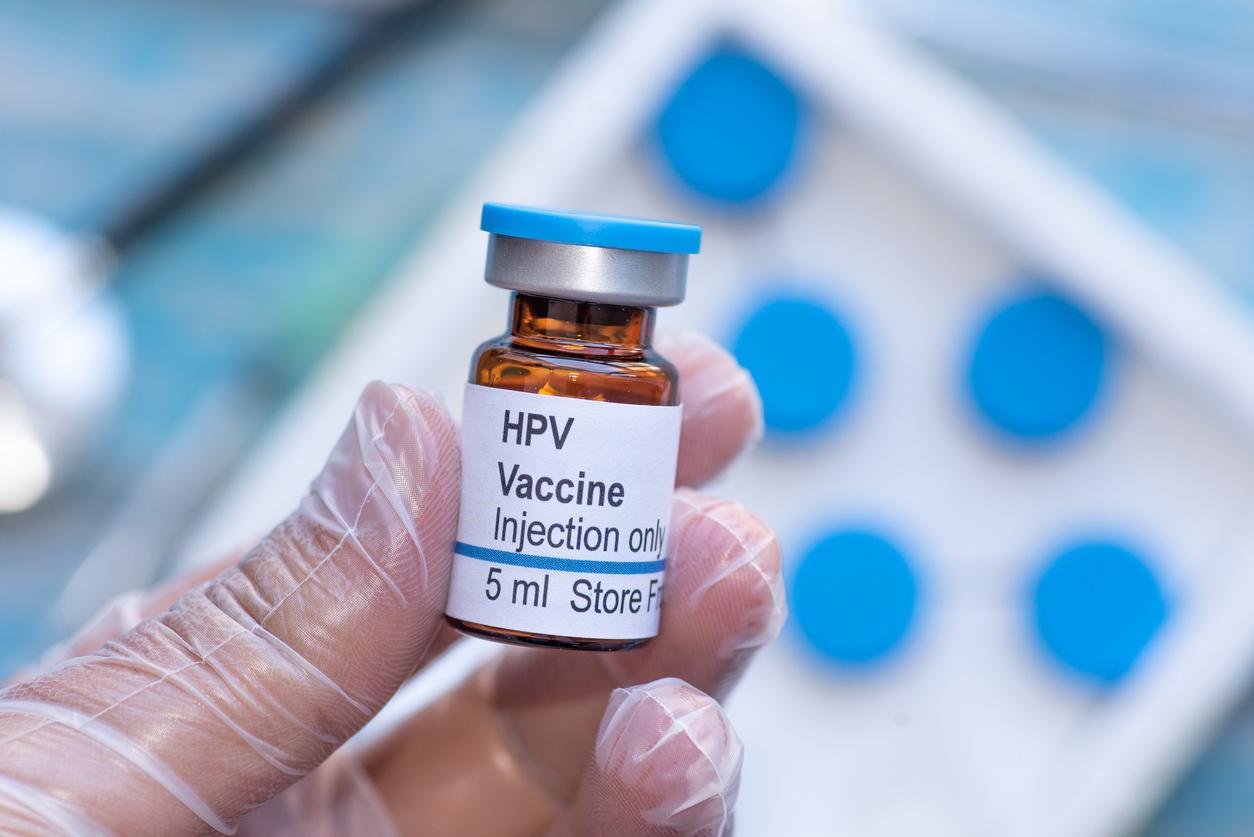Currently processing genital herpes involves taking an antiviral medicine that helps control the duration and severity of symptoms and also reduces the risk of transmission. “These oral medications are very effective and very safe, but not everyone works, and some patients find it overwhelming to take them every day.”says Dr. Lawrence Stanberry, of the Columbia University Medical Center.
Three injections three weeks apart
The doctor and his team are therefore working on an experimental vaccine that would make it possible to control herpes virus for at least a year. The researchers tested this device on 310 patients in 17 clinics in the United States. Three injections given three weeks apart reduce the genital lesions of patients as well as the viral shedding process that spreads the disease through sexual contact. “In this trial, people who received the vaccine saw the number of days the virus was present in the genital tract reduced by 50%, which, in theory, can reduce transmission.” insists the researcher.
“It can also change the nature of the relationship in a couple. If a patient has between 6 and 10 episodes of herpes per year, it necessarily has repercussions on his or her partner. If, once vaccinated, it drops to 1 or 2 crises per year, it necessarily improves the couple relationship “.
Called GEN-003, the vaccine is believed to induce T cells (a certain type of white blood cell) to recognize and kill the cells in which the herpes virus is hosted.
Experts admit that it will take a few years and more clinical trials before this vaccine becomes widely available.
Read also :
Herpes: how to prevent recurrence?
All about herpes

















